The not-so-small things
March 13 was the final day of in-person school for the majority of Bonita Vista High (BVH) students. Students, including senior Lucia Rivera, turned to online calls and assignments, also leaving behind much social interaction.
For the last nine months I’ve been looking for it, without knowing, in books, TV shows, articles — almost everywhere.
I didn’t realize it until I got out of the house for several days in a row during Thanksgiving week, but one of the greatest losses I’ve faced during quarantine has been that of the mental stimulation humans find in their day-to-day outings and interactions. It used to be the thing that made me exhausted after a full day out of the house or what made me want to leave a party an hour in; but now I crave it.
It’s the compilation of the small bits and pieces of information, noises, voices and visuals that we subconsciously pick up throughout our day that quarantine has stripped us of.
Even six feet away, outside and with masks on, I felt rejuvenated after gathering with some family members last week. It felt odd for me, as someone who used to need alone-time at the end of my day to recharge, to instead feel recharged by a packed schedule.
As chaotic, busy and stressful my life felt before the pandemic, it kept my mind active and engaged. I might struggle to focus in class because of all the tiny distractions spread around the environment, from a peer’s whispered conversation to the sound of the rain outside.
Now, I struggle to focus in the virtual classroom because I cannot seem to give myself to the content like I used to, even if the teacher’s camera is the only one turned on for the given hour. There are no kids in the halls or birds in the sky to subconsciously note as I go from class to class. Instead, I walk the same couple steps every day without fail, much to the dismay of my phone’s step tracker.
Finally placing my finger on what I have missed throughout quarantine allowed me to truly see the ways I have tried to make up for it while at home.
I’ve read hundreds of Slate advice columns since March, absorbing all the strange yet compelling details of people’s lives through my phone or laptop. Hearing the voices, albeit through written words, of people other than my immediate family gave me some of that stimulation I missed.
I picked up a new television show, read 35 books, scrolled for far too long on my phone’s news app, watched interviews of celebrities on the internet and attended a plethora of online meetings in the time since school went virtual. And while this helped, I’ve reached the conclusion that it’s a poor substitute for real life.
For the same reason that a digital classroom prevents the level of learning that took place in a face-to-face setting, virtual and written alternatives for different interactions and environments don’t seem to satisfy my needs. This specific need, however, is central to our humanity; from the moment we are born we search for exposure to stimulation of all our senses.
We don’t know how much longer we will be primarily confined to our homes. We don’t know how much of our second semester will come through a screen, with echoing voices and static noises. But I now know that when we are released to resume daily outings, car drives, classes and in-person conversations, I’ll remember how much it hurt to live without them and smile out of gratefulness for their return.
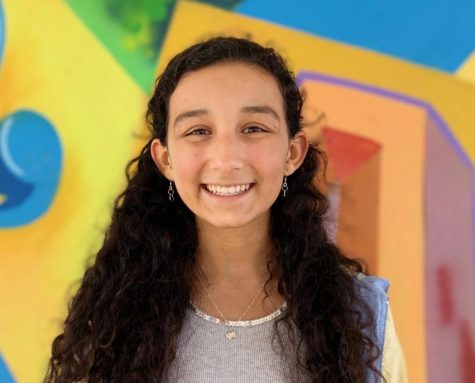
I am a senior at Bonita Vista High and a fourth year staff member on the Crusader. I am now co-Editor in Chief, and previously was News Editor, Features...

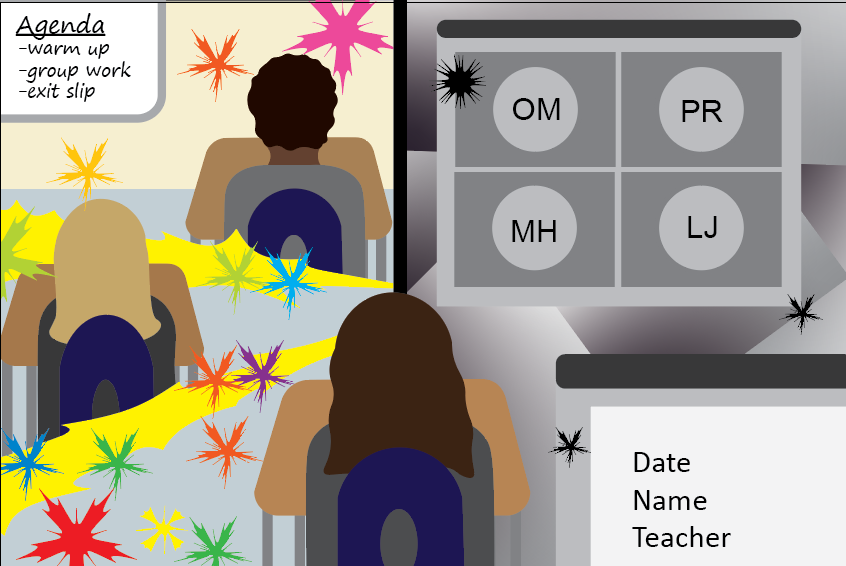
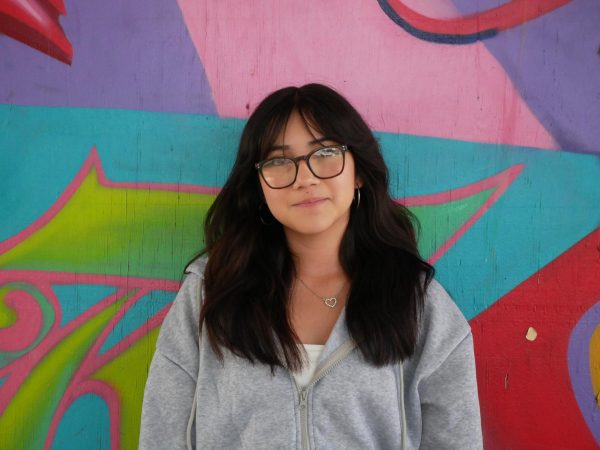
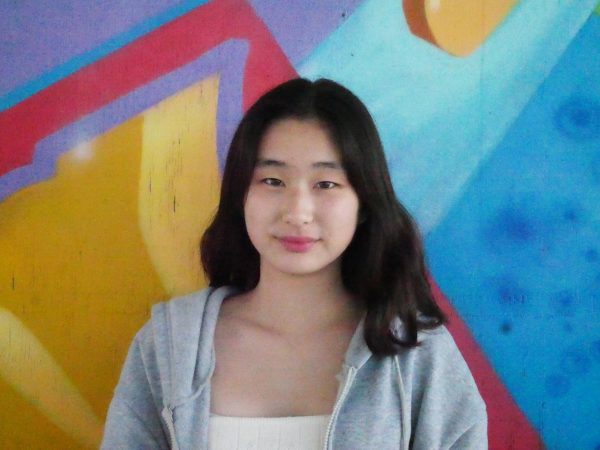

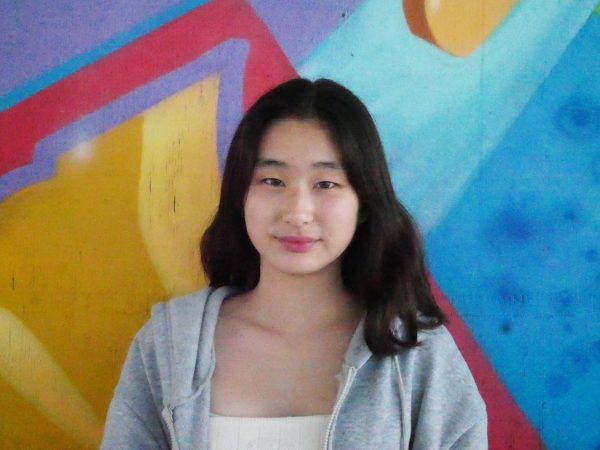
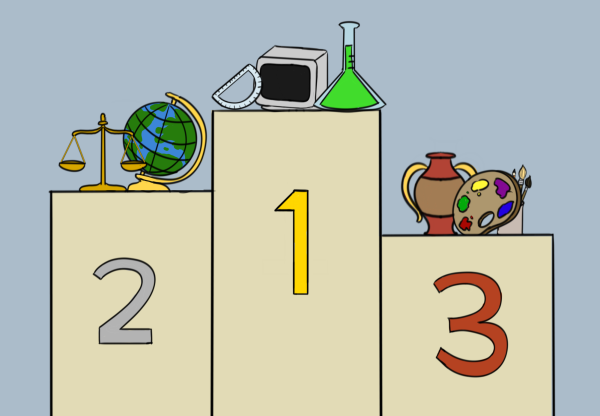
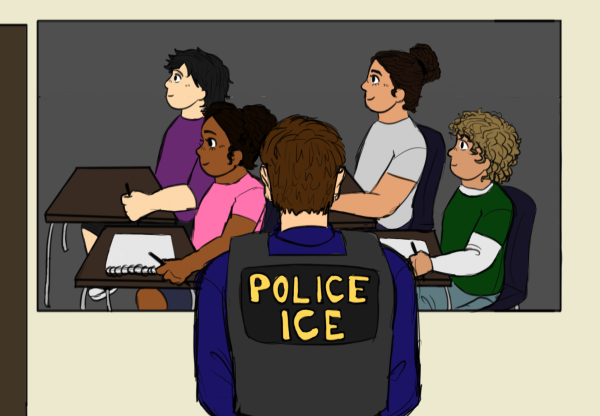
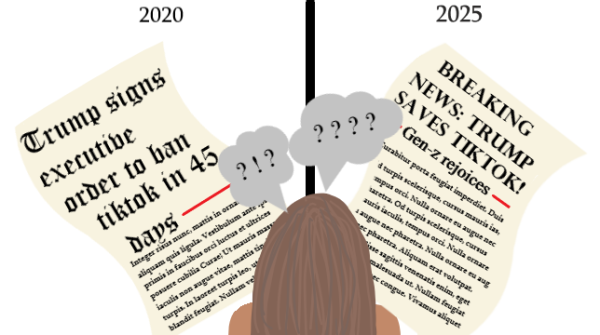
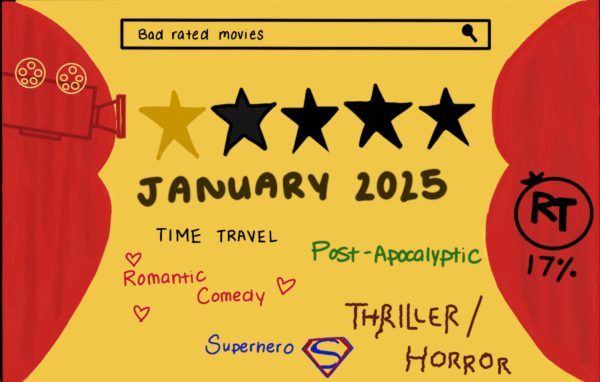
Esther Wise • Jan 13, 2021 at 6:02 am
Thank you Lucia for this article, I can totally relate to everything you describe so well. Best of luck this semester, we will get through this.